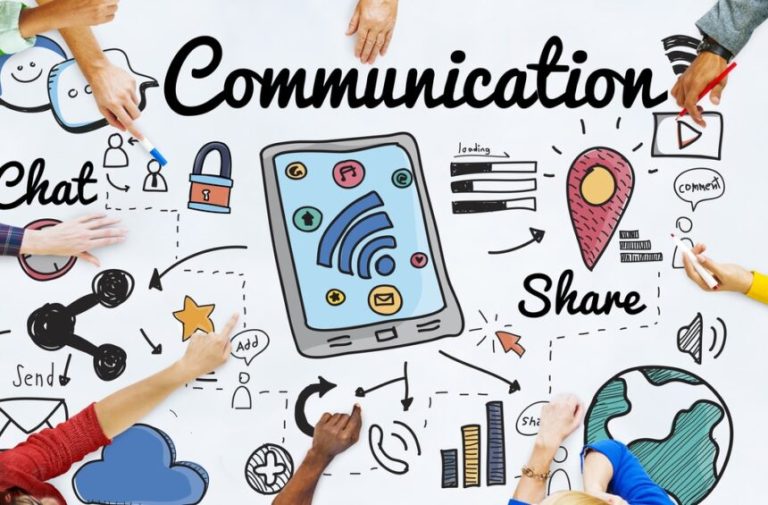How to Sharpen Your Communication Skills?
To sharpen your communication skills, practice active listening and clearly articulate your thoughts and ideas. Effective communication is essential for success in both personal and professional areas of life.
By developing good listening skills, being concise and confident in expressing your thoughts, and using non-verbal cues effectively, you can enhance your communication abilities. Strong communication skills lead to better relationships, improved collaboration, and increased productivity. So, invest time and effort in improving your communication skills, as it is a valuable asset that can benefit you in various aspects of life.
With consistent practice, you can become a great communicator and make a positive impact on those around you.

Credit: online.stanford.edu
Frequently Asked Questions On How To Sharpen Your Communication Skills
How Can I Sharpen My Verbal Skills?
To sharpen your verbal skills, practice daily and actively engage in conversations with diverse individuals.
How Can I Regain My Communication Skills?
To regain your communication skills, practice active listening and engage in conversations regularly. Attend workshops or join clubs that focus on communication skills. Seek feedback and implement it to improve.
What Are The 5 Basic Communication Skills?
The five basic communication skills consist of listening, speaking, reading, writing, and body language.
How Do You Overcome Lack Of Clarity In Communication?
To overcome lack of clarity in communication: 1. Be concise and straightforward in your messaging. 2. Use clear and specific language to avoid confusion. 3. Active listening and asking clarifying questions can help. 4. Provide examples or visuals to aid understanding.
Conclusion
Effective communication skills are essential in all areas of life, from personal relationships to professional success. By sharpening your communication skills, you can enhance your ability to express your thoughts and ideas clearly, connect with others, and build strong relationships.
One key aspect of improving your communication skills is active listening, where you fully engage with the speaker and show interest in what they are saying. Additionally, non-verbal communication, such as body language and facial expressions, plays a crucial role in conveying your message.
Practicing empathy can also foster better communication, as it helps you understand others’ perspectives and respond with compassion. Finally, refining your written communication skills is important in this digital age, where much of our communication happens through written mediums. By following these tips and continually practicing, you can become a more effective communicator and reap the rewards in your personal and professional life.


